At a flea market on Martha’s Vineyard, I stumbled upon such an interesting piece of long forgotten hidden history that I knew I had to include it in the book I was writing, The Martha’s Vineyard Beach and Book Club. My discovery was a wonderful vintage paperback, Books in Action: The Armed Services Editions, edited by John Y. Cole.
It chronicles the creation of the Armed Services Editions (or ASEs), which were the bestselling titles of the day, reprinted in pocket-size editions that soldiers could fit in their backpacks. The goal was to make sure every member of the American military had access to books while in service. When I read in Mr. Cole’s book that the Army chose the original books to print by pulling titles written on scraps of paper from a cookie jar, I thought it would be a great thing to give my protagonist Cadence in my novel.
The Council on Books in Wartime viewed the little books as weapons in Hitler’s war of ideas. Nazi Germany sought control over people’s beliefs, not just their bodies and territory. The world watched the 1933 state-sanctioned book burnings in Germany and the purging of libraries across Europe, as nations succumbed to the Nazis and “un-German” books were purged. So, instead of banning and burning books as the Nazis did, the Council on Books in Wartime took the ASE idea from the Army and cooperated between all branches of the military and over seventy publishing houses. They published 1,322 titles in a wide variety of genres, fiction and non-fiction, printing 122,951,031 books in total.
The little books were an instant success with the troops and raised morale. Many confessed that they’d never finished a book before but read every ASE they could get, cover-to-cover. They were envious of the soldiers who were first in line on delivery days, and they ripped the paperbacks apart by chapter to share with their fellow soldiers. New Yorkers in the trenches loved Betty Smith’s A Tree Grows in Brooklyn and asked for extra copies of it since it reminded them of home. And Kay Boyle’s spy novel Avalanche helped a group of American soldiers navigate the French countryside during combat. My favorite and most sobering line in Mr. Cole’s book is, “Every soldier who landed in the invasion barges at the beaches of Normandy carried one.”
By the end of World War II, Germany had destroyed over 100 million books in Europe, while the ASEs, distributed throughout Europe and the Pacific Theater, buoyed soldiers, kept their minds fed and launched thousands of soldiers into pen pal relationships with authors.
After the war, the ASEs were credited with creating a nation of new readers and catapulting many titles to bestsellerdom. The popularity of The Great Gatsby, which had sold fewer than 25,000 copies between its 1925 publication and Fitzgerald’s death in 1940, surged after the war, perhaps owing to the 155,000 ASE copies distributed to troops. The novel has sold 30 million copies worldwide, and has been adapted into five films, multiple stage productions, and a video game. In “Happiness,” Taylor Swift sings, “All you want from me now is the green light of forgiveness.”
The U.S. military knew how critical access to books was and that allowing the soldiers to choose what they wanted to read would give our troops an edge. After seeing the history of the clear benefits of reading widely, it’s hard not to be nostalgic and yearn for that time of government support of literature and free thought.
I have a little collection of ASEs that I have found at used book sales and online. (Some of the more popular titles are selling for hundreds but I have a price cap.) I’m rereading Walden in this format and it’s nice to think that a soldier held this book during his service.
For the whole story of the Armed Services Editions, I recommend When Books Went to War by Molly Guptill Manning, a beautifully researched story of these little books and a great companion book to The Martha’s Vineyard Beach and Book Club.
What’s a book you love—that had an unexpected path to success? I would love to know in the comments!
Join me on tour this summer
You can find further details and registration links on my website.
If I’m not visiting a city near you, but you’d like a signed copy of The Martha’s Vineyard Beach and Book Club, you can pre-order a signed copy from my local independent bookstore, The Hickory Stick Bookshop!

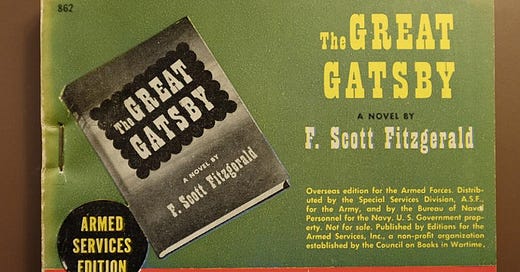




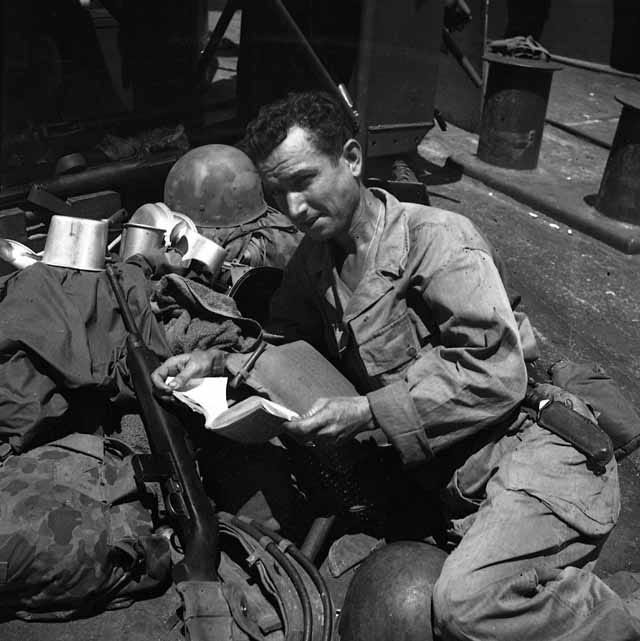
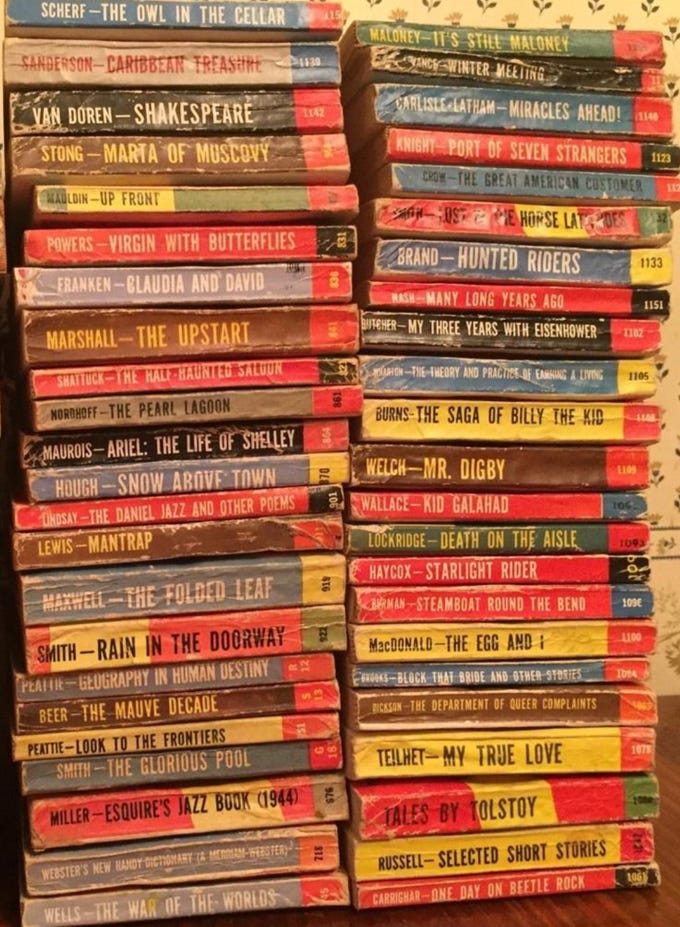


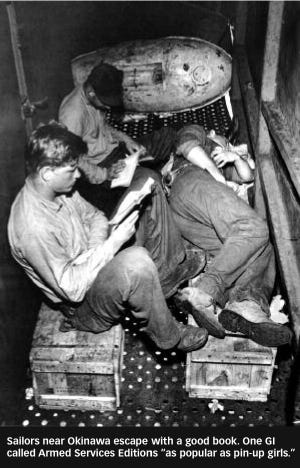

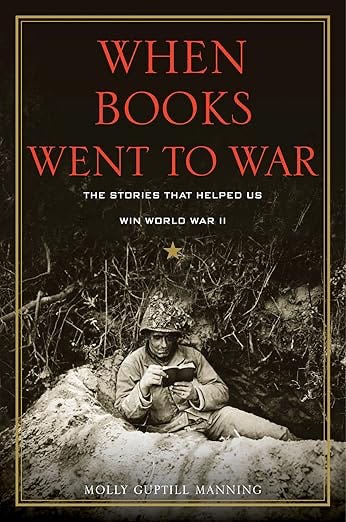

Martha I just messaged Bryant Park on Instagram asking them to have you come talk about your book this summer. I love going to their author interviews on Wednesday’s in their outdoor reading room. It is a beautiful place in New York City. The past two years Ilana Levine interviewed the authors.
Such a fascinating post Martha. I really enjoyed reading that and didn't know much about the ASE before. Another book boosted by wartime was Forever Amber, by American author Kathleen Winsor. It's about a formidable woman called Amber who ruthlessly used her sexuality to rise up through society in the 19th century, set in London with a backdrop of the plague and the Great Fire. It enjoyed huge popularity around the world in the 1940s, despite being banned and burnt for its 'scandalous' content. Mild by today's standards, but the research is so good could you be standing on the cobbled streets as the death carts rattle past. Love your work and can't wait to read the new book. Kate x